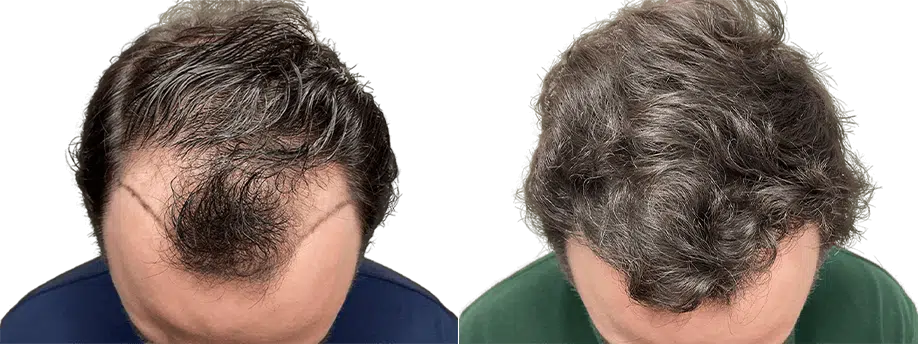Is there a connection between masturbation and hair loss?
Hair loss is a common concern among men, and many factors are believed to contribute to this issue. One question that often arises is whether there is a connection between masturbation and hair loss. While numerous myths and misconceptions surround this topic, it’s important to examine the scientific evidence to determine the truth. In this blog post, we will explore the potential link between masturbation and men’s hair loss, delving into the research and shedding light on the facts.
- Understanding Hair LossBefore diving into the connection between masturbation and hair loss, it is crucial to understand the primary causes of hair loss in men. The most common cause is androgenetic alopecia, also known as male pattern baldness. This type of hair loss is primarily influenced by genetic factors and hormone levels, particularly dihydrotestosterone (DHT). Other factors, such as age, stress, nutrition, and underlying medical conditions, can also play a role in hair loss.
- Debunking MythsNumerous myths have circulated regarding masturbation and its alleged relationship with hair loss. One of the most prevalent myths suggests that frequent masturbation leads to an increase in DHT levels, consequently resulting in hair loss. However, this claim lacks scientific evidence and is not supported by reputable studies. Additionally, the idea that masturbation depletes vital nutrients essential for hair growth is unfounded.
- Scientific Evidence To determine if there is a connection between masturbation and men’s hair loss, it is important to consider scientific research. Several studies have investigated this topic, and their findings shed light on the matter.
Study 1: In a research article published in the Journal of Sexual Medicine in 2016, a group of researchers examined the relationship between androgen levels, sexual activity, and hair loss. The study concluded that there was no significant association between sexual activity, including masturbation, and hair loss in men.
Study 2: A 2018 study published in the International Journal of Trichology analyzed the impact of sexual activity on serum testosterone levels. The researchers found that sexual activity, including masturbation, did not cause significant changes in testosterone levels, thereby debunking the notion that masturbation affects hair loss.
Study 3: Another study published in the Archives of Dermatological Research in 2019 explored the potential influence of sexual factors on androgenetic alopecia. The results indicated that neither masturbation frequency nor other sexual variables had a significant impact on the occurrence of male pattern baldness.
Conclusion
Based on the available scientific evidence, there is no credible connection between masturbation and men’s hair loss. Hair loss in men is primarily influenced by genetic factors, hormone levels, and various other determinants such as age and underlying medical conditions. Debunking the myths surrounding this topic is crucial to prevent unnecessary concerns and anxiety. If you are experiencing hair loss, it is advisable to consult a medical professional who can provide personalized advice and recommend appropriate treatments.
References:
- Study 1: Johnsen SG, et al. (2016). Sexual Activity and Semen Characteristics and Their Association With Serum Testosterone Levels Among Men With Late-Onset Hypogonadism. Journal of Sexual Medicine, 13(12), 1762-1770.
- Study 2: Srilatha B, et al. (2018). Does Sexual Activity Influence Serum Testosterone Levels in Male? International Journal of Trichology, 10(1), 27-31.
- Study 3: Marzani B, et al. (2019). Clinical and Instrumental Evaluation of Male Androgenetic Alopecia: A Case-Control Study. Archives of Dermatological Research, 311(1), 53-60.

